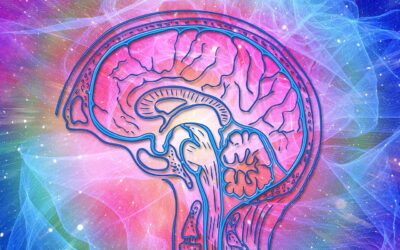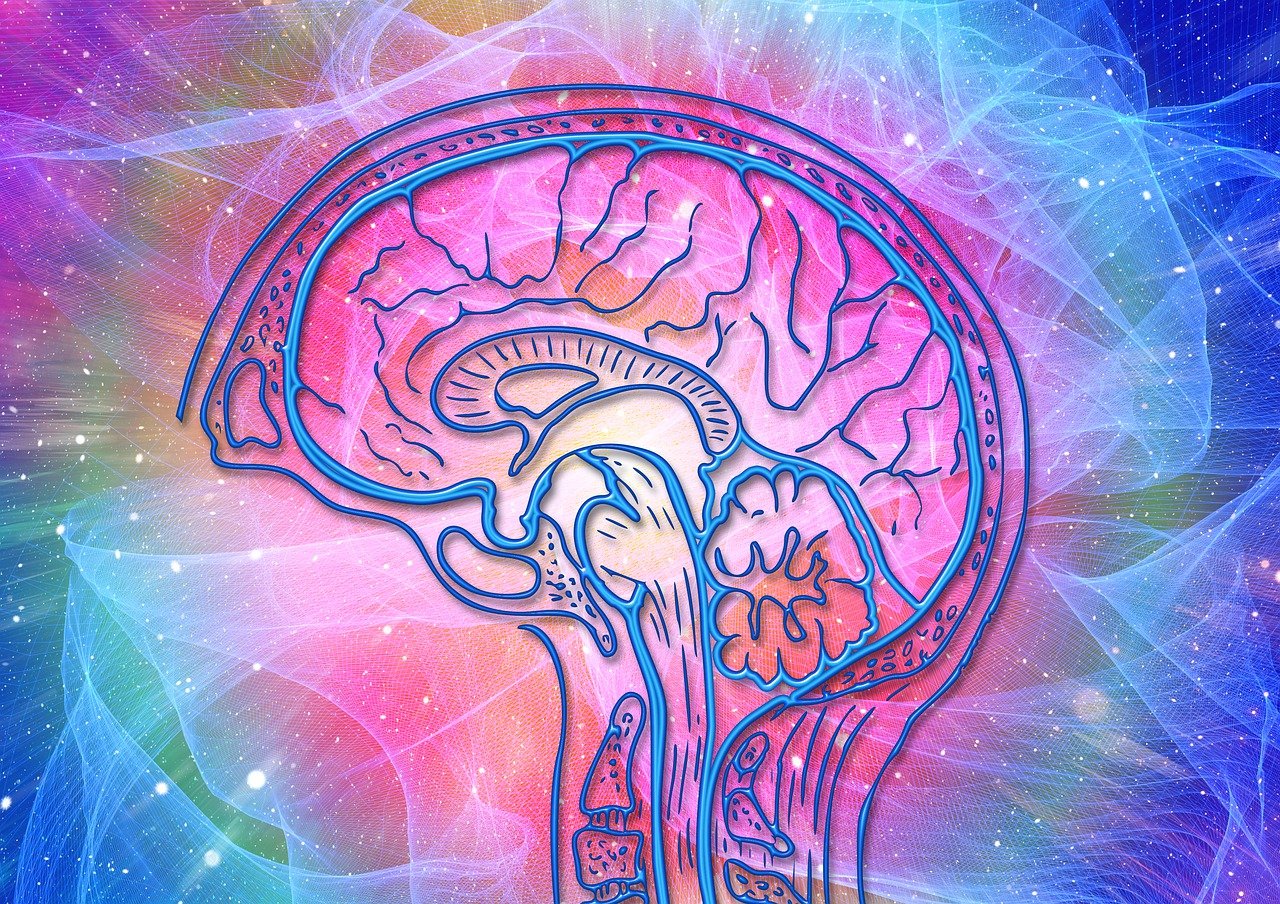The Role of Law in Governing AI
As artificial intelligence (AI) continues to reshape industries and society, the legal framework surrounding its development and use is becoming increasingly critical. Policymakers and legal experts are grappling with how to effectively regulate AI technologies while fostering innovation and protecting individual rights.
Current Legal Landscape
The legal landscape for AI remains fragmented, with different jurisdictions taking varied approaches. In the United States, there is no comprehensive federal law specifically governing AI. Instead, existing laws related to privacy, discrimination, and consumer protection are being applied to AI-related issues [1].
The European Union has taken a more proactive stance with its proposed AI Act, which aims to create a unified regulatory framework for AI across member states. This legislation would categorize AI systems based on risk levels and impose stricter requirements on high-risk applications [2].
Key Legal Challenges
Liability and Accountability
One of the primary legal challenges surrounding AI is determining liability when AI systems cause harm. Traditional legal concepts of negligence and product liability may not easily apply to autonomous systems. Courts and legislators are considering how to attribute responsibility among AI developers, deployers, and users.
Privacy and Data Protection
AI systems often rely on vast amounts of data, raising concerns about privacy and data protection. Laws like the EU’s General Data Protection Regulation (GDPR) have implications for AI, particularly regarding data collection, consent, and the right to explanation for automated decisions.
Bias and Discrimination
AI systems can perpetuate or amplify biases present in their training data or algorithms. Legal frameworks are being developed to address AI-driven discrimination in areas such as hiring, lending, and criminal justice.
Emerging Legal Solutions
Algorithmic Auditing
Some jurisdictions are exploring mandatory algorithmic audits for high-risk AI systems. These audits would assess AI models for potential biases, safety risks, and compliance with relevant laws and regulations.
AI Ethics Boards
Companies and governments are establishing AI ethics boards to provide guidance on the responsible development and deployment of AI technologies. While not legally binding, these boards can influence policy and corporate practices.
International Cooperation
Given the global nature of AI development and deployment, there is a growing push for international cooperation on AI governance. Organizations like the OECD are working to develop principles for responsible AI that can be adopted across different legal systems [3].
Future Outlook
As AI technologies continue to advance, legal frameworks will need to evolve to keep pace. The challenge for lawmakers and regulators will be to create flexible, technology-neutral laws that can adapt to rapid innovations while providing clear guidelines for AI development and use.
The coming years are likely to see increased legislative activity around AI, with a focus on balancing innovation with protection of individual rights and societal interests. As these legal frameworks take shape, they will play a crucial role in determining how AI is integrated into various aspects of business and daily life.
For businesses developing or deploying AI systems, staying informed about evolving legal requirements and proactively addressing potential legal issues will be essential for long-term success in the AI-driven economy.









